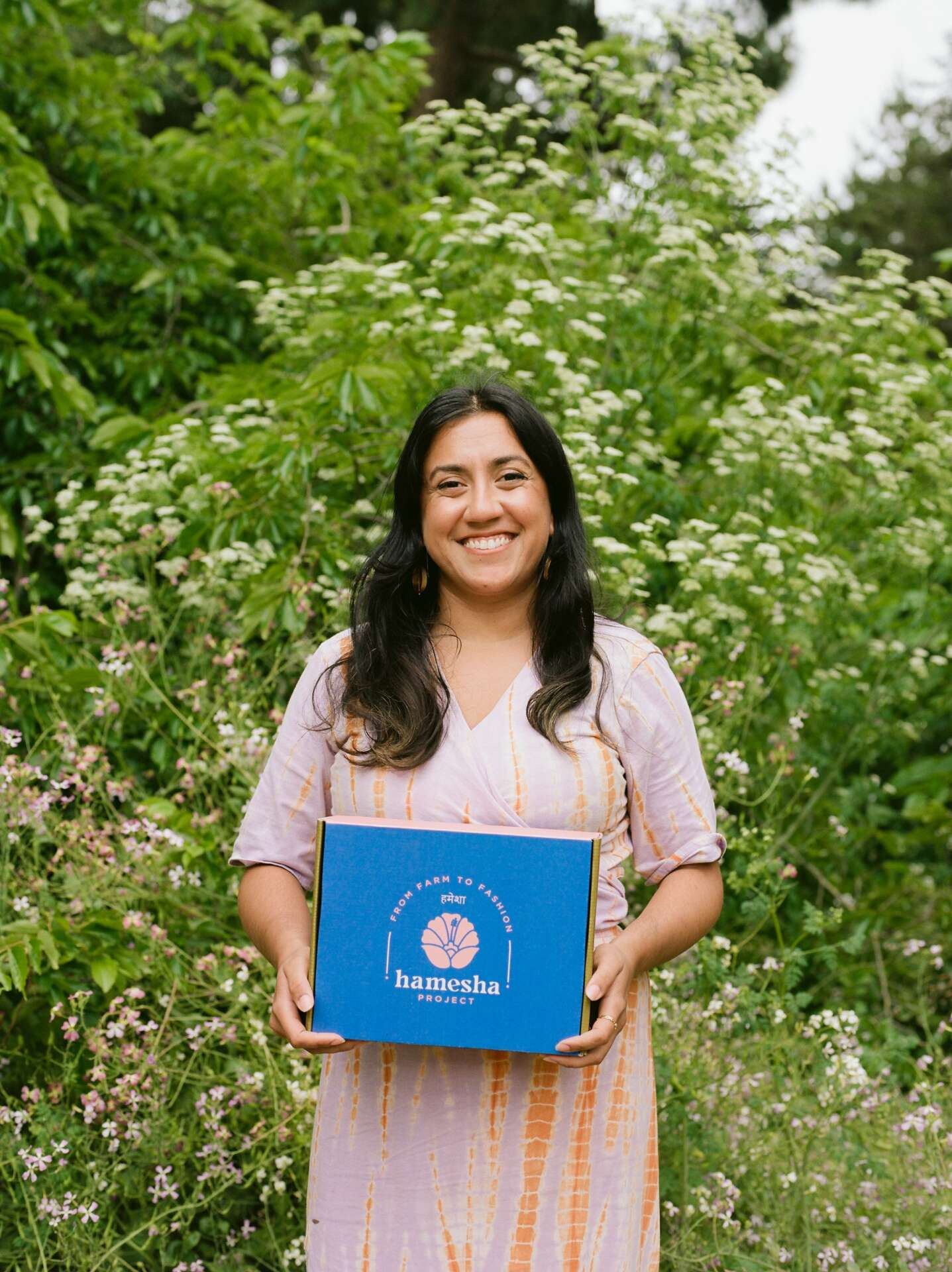We caught up with the brilliant and insightful Pallavi Sarup a few weeks ago and have shared our conversation below.
Hi Pallavi, thanks for joining us today. How did you come up with the idea for your business?
As a queer South Asian American artist, I’ve always looked for ways to honor South Asian craft in my everyday life. During the pandemic, with everything going on with the world and the US’s racial climate.. I started re-evaluating my career and what was most important to me. That catalyzed my journey into exploring my own art and culture. I drew South Asian illustrations, learned about new mediums, and started coming across South Asian brands whose businesses were culturally based. Through that journey I discovered the world of craft tourism, and attended a craft workshop led by Thread Caravan in Oaxaca. I was pretty shocked that so many people were willing to fly to another country to learn and experience another culture’s craft traditions. It prompted me to learn more about my own heritage’s ancestral craft, and started connecting with craft organizations in India. There, I had the privilege to learn traditional crafts from villagers of Bagru. Getting to experience the craft first hand gave me so much appreciation for the skill required. After this experience, I wanted to find a way to uplift South Asian art and make this kind of experience more accessible. Traveling to India is not easy or cheap. As a first-gen American whose hindi speaking skills are pretty rough, even I had to rely on family in order to visit. This reality eventually inspired me to design cultural craft kits, essentially a way to experience another country’s traditions within the comfort of your own home. I partner with artists to collaboratively make my kits, and to authentically represent different regional crafts and perspectives beyond my own. I find that in today’s art/crafts industry there is little to no conversation around cultural craft origins. South Asian textiles and craft have huge influences on western craft and apparel, but without any credit. Our cultural craft kits offer a unique approach to solving for that issue, while still providing DIYers with a fun art project. This project is encapsulates almost everything I’m passionate about, so while it’s extremely hard work I’m always inspired and motivated. Can’t wait to see how this biz grows in the future.
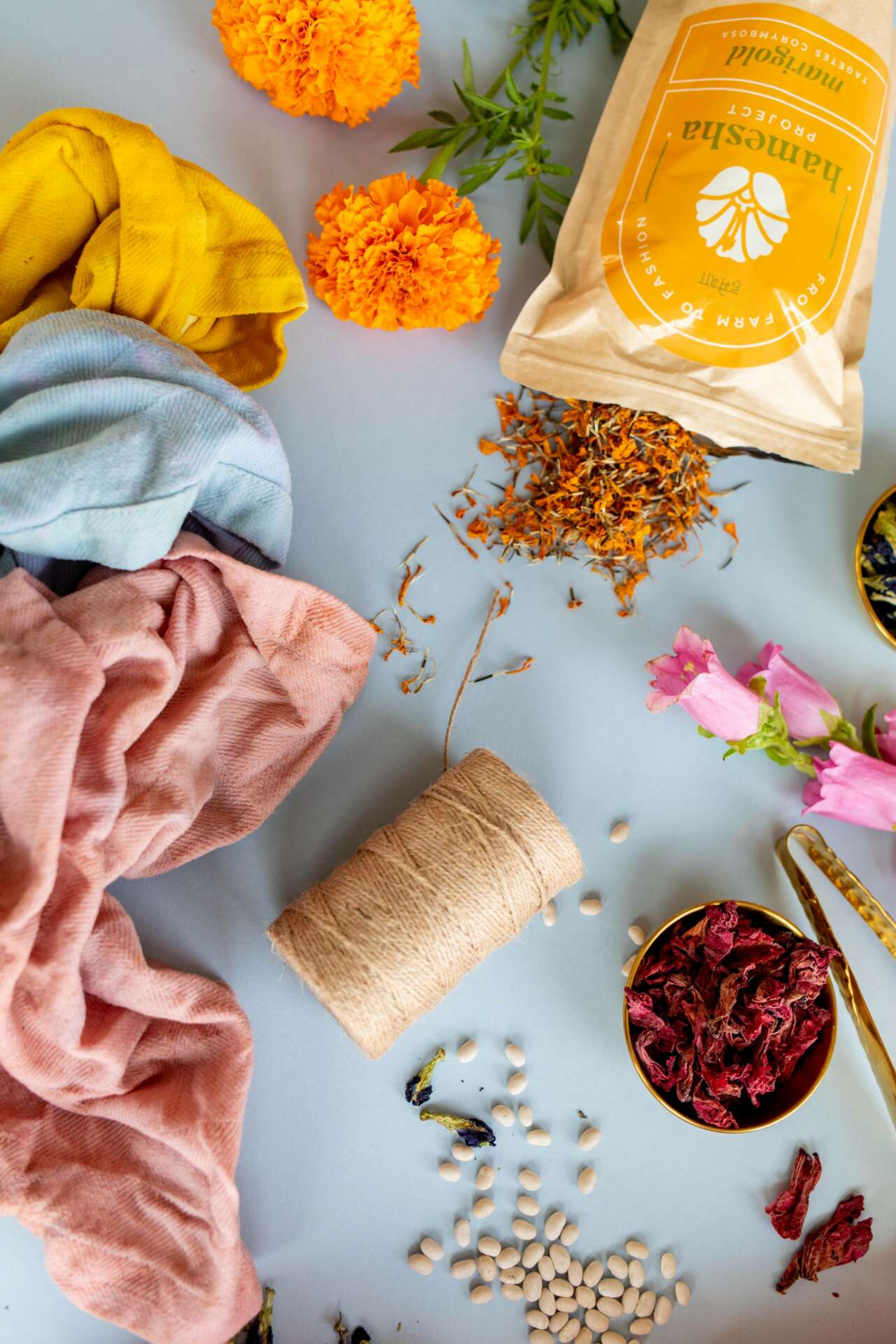
As always, we appreciate you sharing your insights and we’ve got a few more questions for you, but before we get to all of that can you take a minute to introduce yourself and give our readers some of your back background and context?
I am a queer South Asian American cis-woman who was born in the Chicago-land area, but now lives in San Francisco. I originally started my career in the tech industry, specializing in marketing technology. However, after a while of feeling unfilled I quit in 2022 and then decided to pursue projects that were aligned to my passions. I had been wanting to launch Hamesha Project for some time, but wanted to learn from other similar businesses before taking the plunge. That led to a marketing gig at Diaspora Co. (another queer South-asian owned business). I learned so much from them, as they have an incredible brand and community. Earlier this year, due to some unexpected lay-offs I received a not so gentle push from the universe to commit to my business full-time.
Like any other artist/crafter, I love to jump between different creative projects and mediums. I grew up doing portrait illustrations and still do that in my free-time to this day. Making the switch from traditional to digital during the pandemic. Hamesha Project prompted my introduction and journey in the world of textiles and natural dyes. I have researched and practiced the art of Bandhani, or South Asian Tie Dye tradition. This includes me creating my own Bandhani garments (holiday launch coming soon) and leading Bandhani craft workshops all over the US.
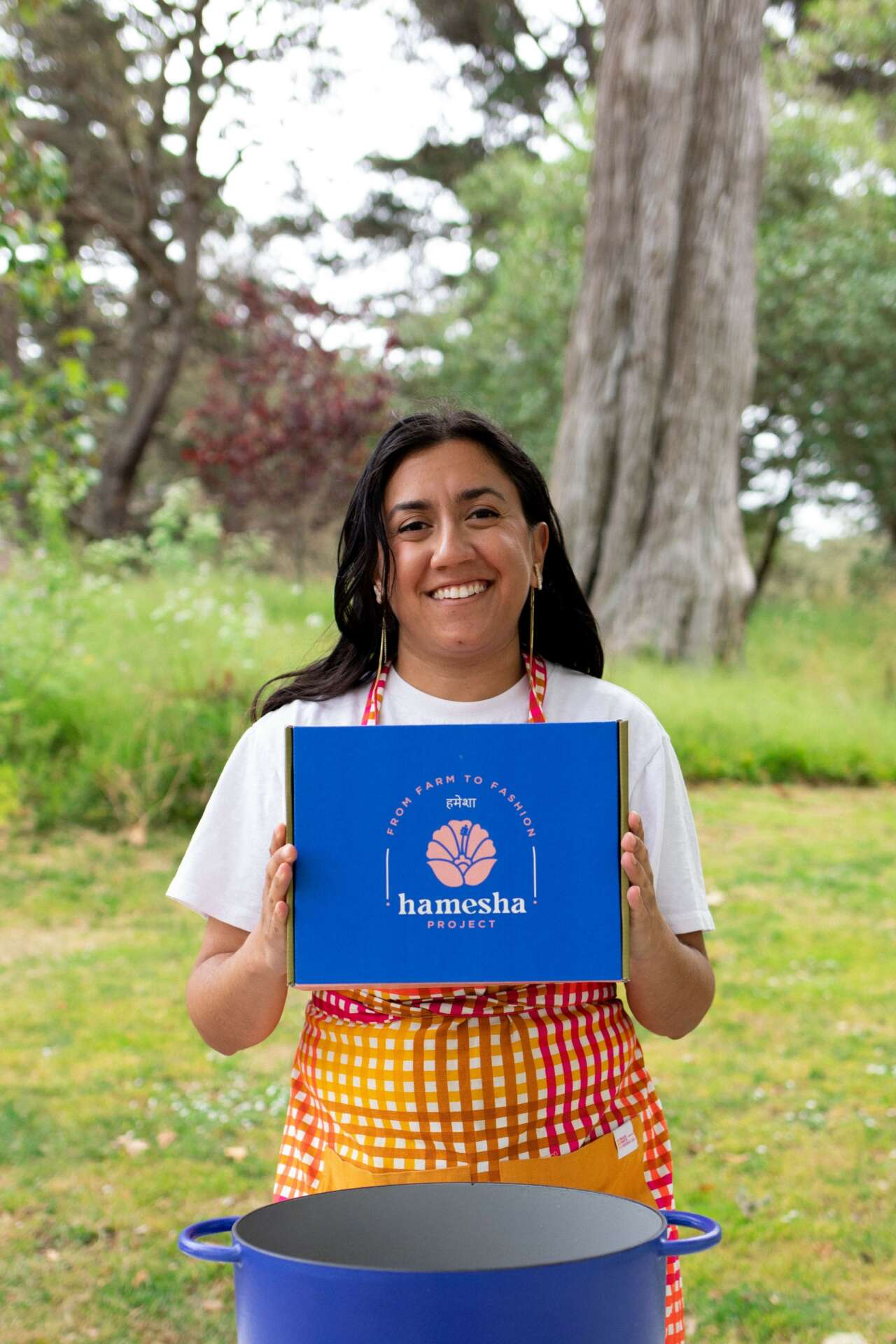
Can you share a story from your journey that illustrates your resilience?
Earlier this year (shortly after launching my business part-time), I went through a series of extremely difficult personal events. Experienced my first breakup, the loss of my first pet, a lay-off, and an involuntary forced move all within the span of a few months. It’s been the hardest year of my life, and some things I’m still unpacking to this day. However, despite how awful all of these things still are…. it’s also opened up some incredibly beautiful new experiences in my life. I decided to pick up running and ran a half marathon after starting from ground zero. The lay-off gave me the push and resources I needed to finally dedicate myself to my business, which has grown exponentially since doing so. I’ve gotten to connect with members my community, be invited to prestigious events, and create a bunch of art along the way. It took me some time to come to this conclusion, but forced change can be incredibly powerful opportunity to experience beauty you otherwise wouldn’t have encountered. A chance to pursue your dreams. If you can come out of it with that kind of mindset, then you’ll develop the framework to handle whatever else life throws at you. Not to mention navigating the terrifying journey of entrepreneurship.
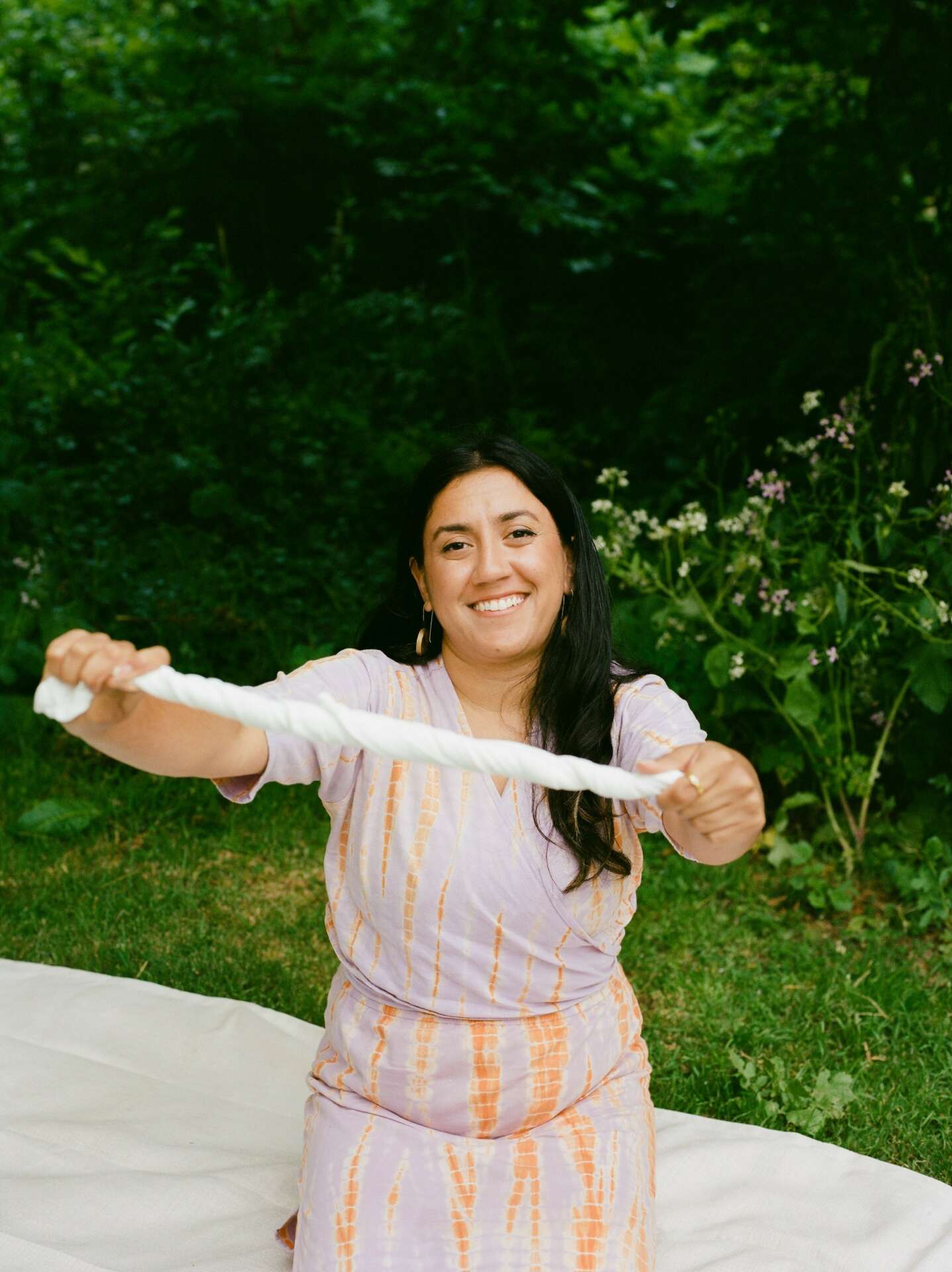
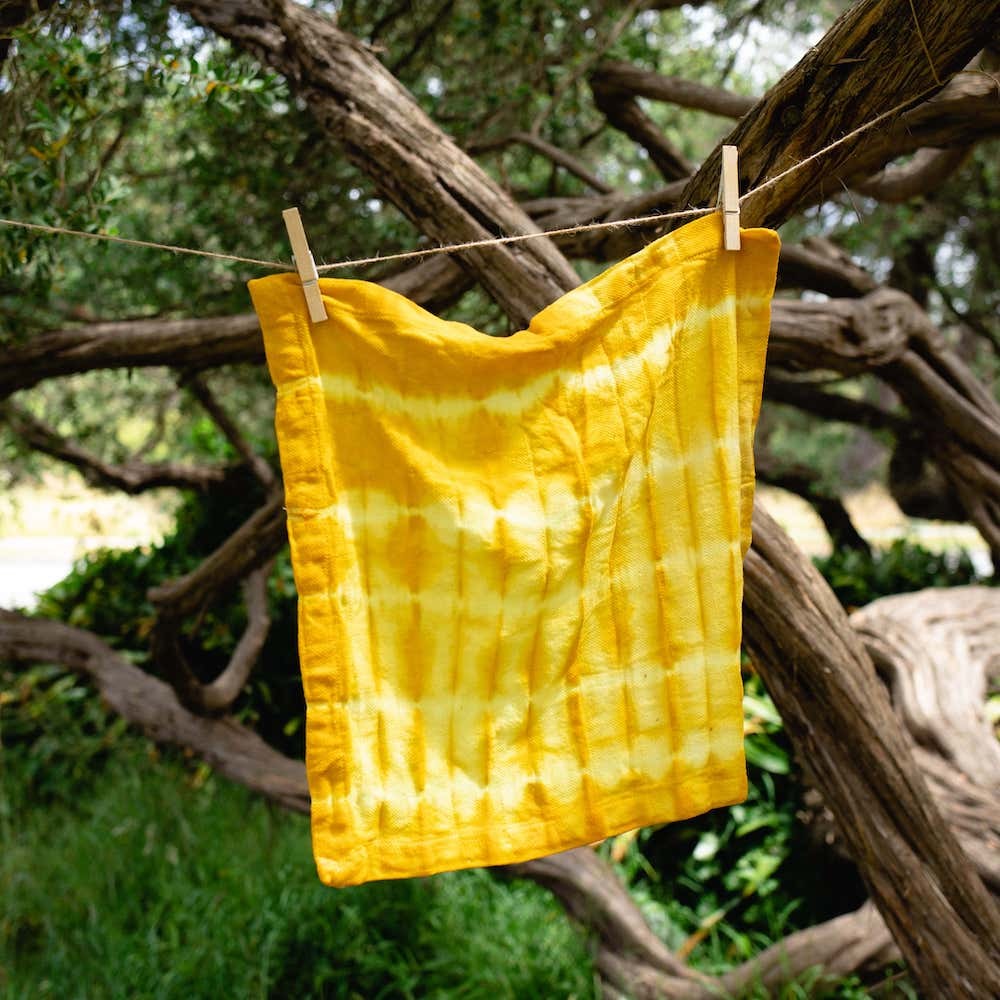
What’s a lesson you had to unlearn and what’s the backstory?
As a child of South Asian immigrants, I’ve had a lot of unlearning to do. My parents always instilled the importance of having a stable job, and pushed me to pursue a career in tech. I’ve realized that a part of me really believed them. That art should remain a hobby, and that it couldn’t lead to a livelihood. When I moved from Chicago to the Bay Area, I was immersed in communities where I was quickly proven wrong. I almost immediately started working at my local farmers market on the weekends. At an incredible kimchi stand called Volcano Kimchi. Through this experience I started to meet more small business owners and members of the bay area food community. I was exposed to the full spectrum of folks and the different ways their passions turned into more. I also became connected through the art community before I took the plunge to start my own business. I witnessed first hand how their businesses grew and led to beautiful careers. Even when starting Hamesha Project. I stubbornly thought I couldn’t/shouldn’t create art myself. That it would lead to burnout and that I should focus on retailing my kits. I realized though, that I am doing myself a disservice by limiting myself in that way. That I am just as worthy of creating and selling my art as anyone else, and by doing so I would bring more joy into my life.

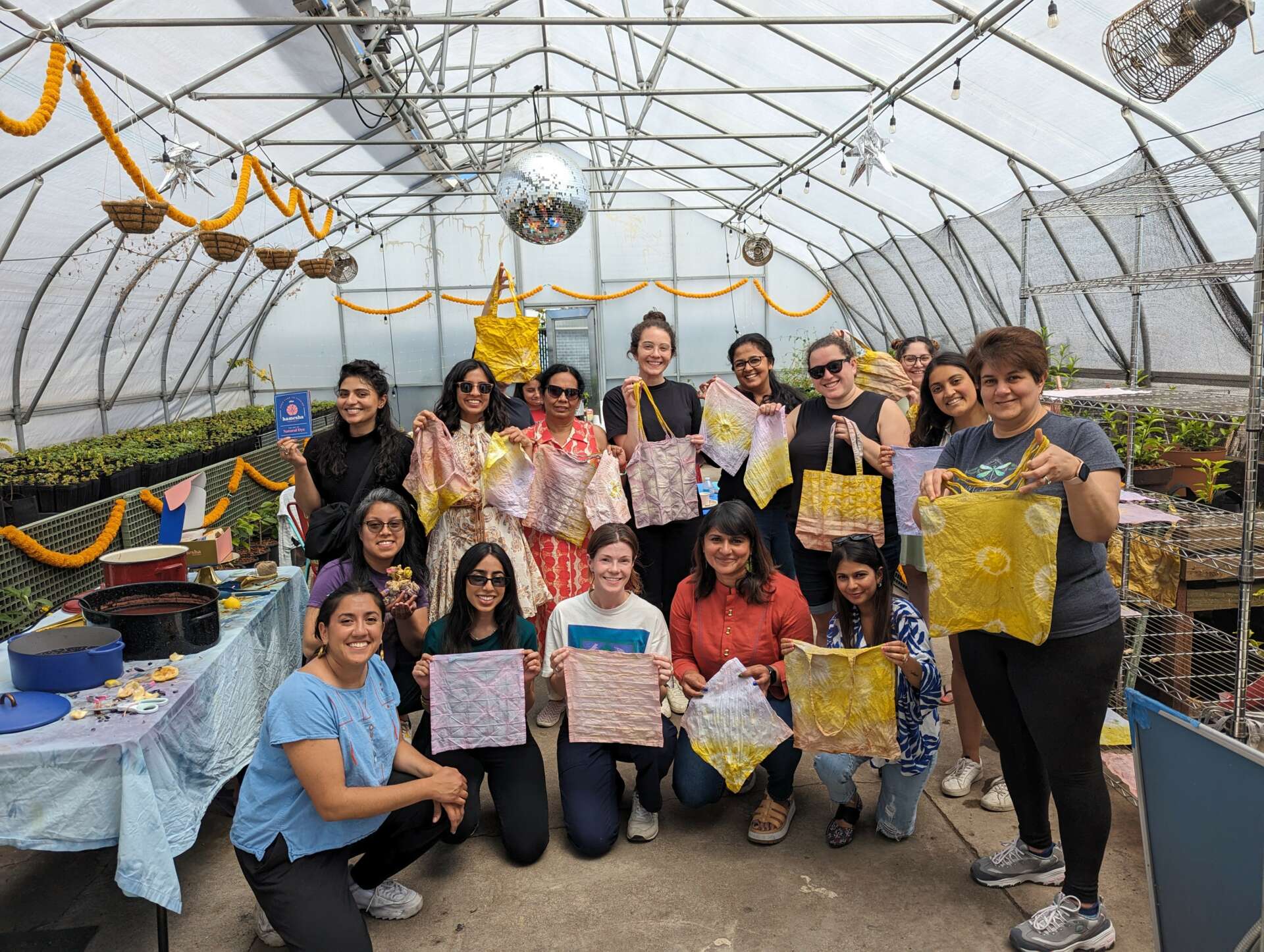
Contact Info:
- Website: https://hameshaproject.com/
- Instagram: https://www.instagram.com/hameshaproject/
- Facebook: https://www.facebook.com/hameshaproject/
- Linkedin: https://www.linkedin.com/in/pallavisarup/
- Youtube: https://www.youtube.com/@hameshaproject
Image Credits
Pauline Chatelan


